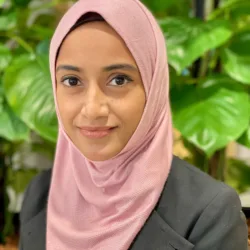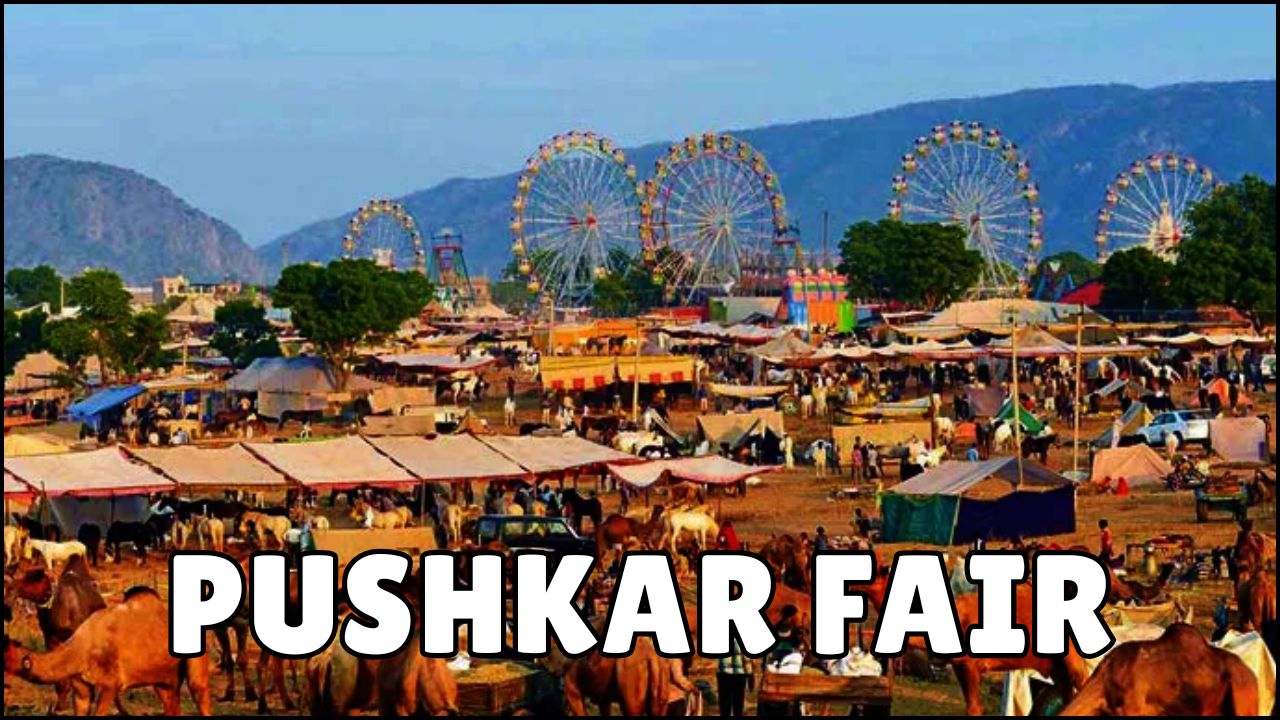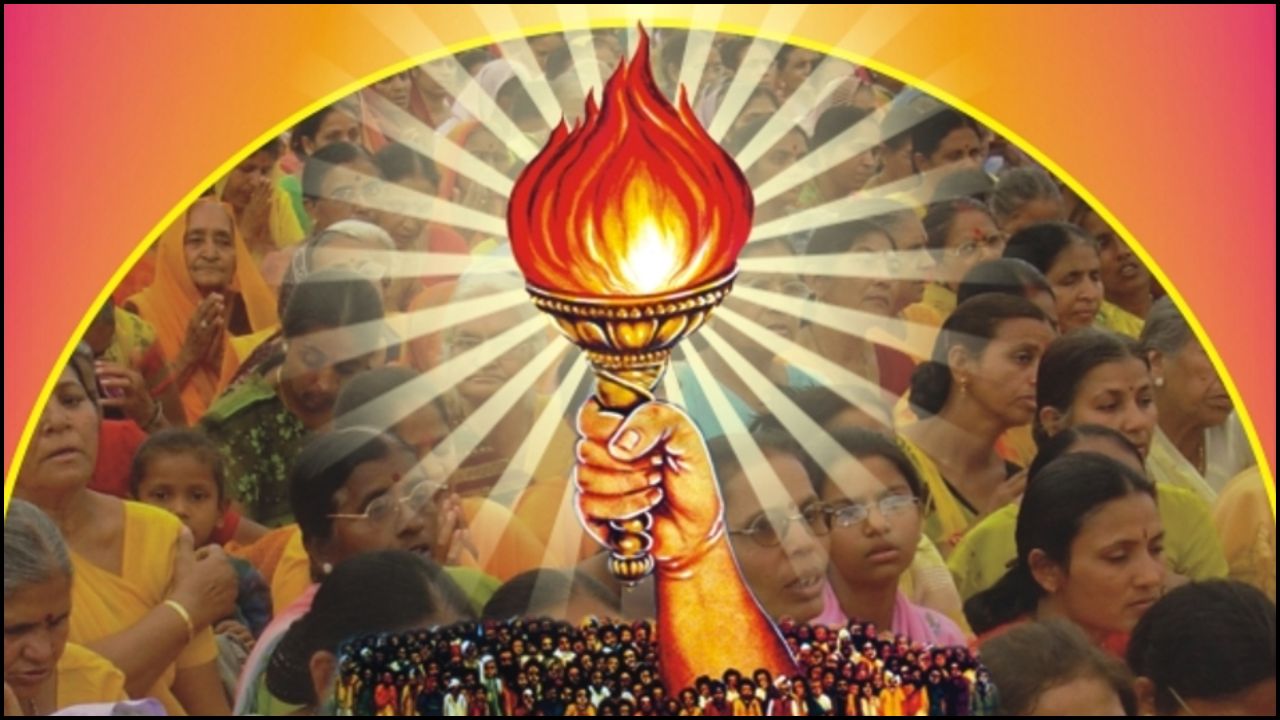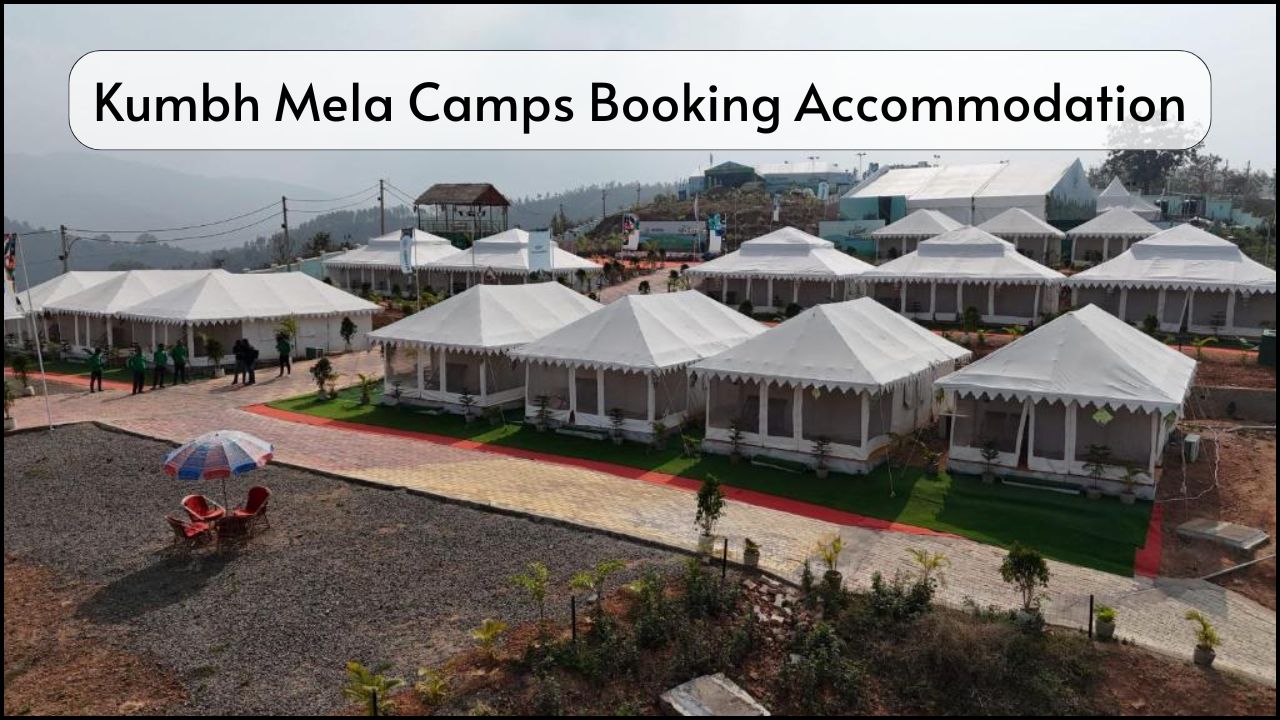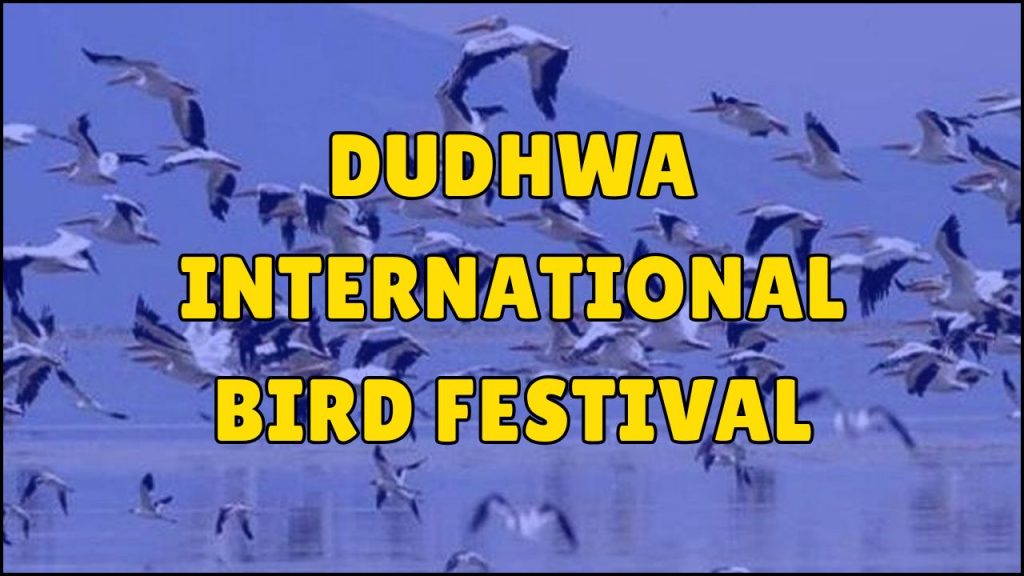
The Dudhwa International Bird Festival is not just a gathering for bird lovers, it is a thoughtful initiative by the Uttar Pradesh government to highlight the ecological and cultural richness of the Dudhwa region. This festival is organized in the Dudhwa National Park. The festival aims to boost eco-tourism and recognize the Tharu community’s heritage. The event has gained global recognition. Renowned wildlife filmmaker Mike Pandey served as the brand ambassador, adding prestige and drawing international attention to the festival.
Table of Contents
Key Objectives of the Festival
- Promotion of Eco-Tourism: A strong effort was made to attract responsible travelers who value nature and conservation.
- Showcasing Dudhwa on an International Stage: The festival aimed to position Dudhwa as a premier destination for bird watchers worldwide.
- Celebration of Tharu Culture: Rich traditions of the local Tharu community were highlighted through performances, art displays, and food.
- Platform for Conservation Dialogue: Scientists, environmentalists, and nature enthusiasts exchanged ideas on protecting biodiversity.
- Cultural and Educational Integration: Visitors experienced a mix of environmental learning and cultural immersion.
Festival Highlights
| Feature | Details |
|---|---|
| Location | Dudhwa National Park, Uttar Pradesh |
| Organized By | Government of Uttar Pradesh |
| Brand Ambassador | Mike Pandey, Documentary Filmmaker |
| Total Tents Installed | 160 tents for participants and visitors |
| Cultural Participation | Tharu artists, dancers, musicians, and craftsmen |
| Bird Watching Tours | Guided by experienced ornithologists and forest officials |
| Workshops and Seminars | Focused on biodiversity, habitat conservation, and eco-tourism strategies |
| International Participation | Experts and bird watchers from multiple countries attended |
| Eco-Friendly Practices | Use of biodegradable materials and sustainable arrangements |
Tharu Community Involvement
- Cultural Performances: Traditional Tharu dances, folk songs, and musical performances added authenticity and emotion to the event.
- Handicrafts and Art: Local artisans displayed handmade products, providing them with economic support and cultural recognition.
- Culinary Experience: Regional dishes offered a taste of Tharu culinary traditions, often prepared using age-old methods.
- Community Engagement: Local people participated in organizing and welcoming guests, creating a sense of ownership.
Bird Watching Experience
- Rich Biodiversity: Dudhwa is home to more than 450 bird species, including migratory birds from Central Asia and Europe.
- Guided Bird Walks: Early morning and late evening walks were organized for spotting rare and endemic bird species.
- Special Species Focus: Greater Adjutant Stork, Bengal Florican, and Sarus Crane were among the most celebrated sightings.
- Photography Opportunities: The festival offered scenic backdrops and rare subjects for wildlife photographers.
| Bird Species Highlighted | Region Found In | Conservation Status |
|---|---|---|
| Sarus Crane | Wetlands in Dudhwa | Vulnerable |
| Bengal Florican | Grasslands | Critically Endangered |
| Greater Adjutant Stork | Marshy lands and swamps | Endangered |
| Asian Paradise Flycatcher | Forest edges | Least Concern |
| Painted Stork | Riverbanks and marshes | Near Threatened |
Eco-Friendly Infrastructure
- Tented Accommodation: A total of 160 well-maintained, eco-sensitive tents were set up with minimal environmental disruption.
- Waste Management Measures: Segregation bins and composting units helped manage festival-generated waste.
- Green Transportation: Bicycles and electric carts were provided for internal movement, reducing carbon emissions.
- Use of Solar Energy: Solar panels powered many basic facilities, like lighting and phone charging stations.
Educational and Awareness Activities
- Seminars and Panel Discussions: Conservation topics like migratory patterns, wetland preservation, and human-wildlife conflict were discussed.
- Children’s Engagement: Nature walks and drawing competitions were organized to nurture a love for wildlife among younger audiences.
- Eco-Documentary Screenings: Films, including some by Mike Pandey, were shown to raise awareness about pressing environmental issues.
- Interactive Displays: Information booths displayed facts about bird migration, park ecology, and conservation milestones.
Visitor Experience
- Diverse Participation: Attendees included school groups, international tourists, researchers, and media professionals.
- Hospitality Services: Locally sourced food and guided hospitality ensured a comfortable yet authentic experience.
- Cultural Evenings: Each evening ended with performances under the open sky, blending nature with tradition.
- Souvenir Stalls: Handicrafts, bird-themed merchandise, and local food items were available for purchase.
Festival Impact
| Area | Impact |
|---|---|
| Tourism | Boosted local tourism and provided seasonal employment |
| Cultural Preservation | Promoted Tharu culture globally and empowered the community |
| Environmental Awareness | Increased consciousness about bird conservation and habitat preservation |
| Global Recognition | Positioned Dudhwa as an international bird-watching destination |
| Economic Development | Generated income for local communities through tourism and handicraft sales |
Challenges Addressed
- Infrastructure Limitations: Temporary setups were used without harming the park’s sensitive ecosystem.
- Waste Disposal: Special attention was paid to non-plastic and eco-friendly materials.
- Cultural Sensitivity: The participation of Tharu leaders ensured that displays were respectful and authentic.
- Language Barriers: Volunteers and translators helped bridge communication gaps with international guests.
Future Prospects
- Annual Celebration: Plans are underway to make the bird festival a yearly event to attract consistent eco-tourism.
- Community Training: Skill development workshops are being designed for locals in hospitality and guiding services.
- International Collaborations: Partnerships with birdwatching societies and conservation NGOs are expected to grow.
- Research Opportunities: Dudhwa is set to become a hub for ecological and ornithological studies.
Final Thoughts
The Dudhwa International Bird Festival emerged as a powerful blend of wildlife conservation and cultural heritage. Through its eco-friendly practices, educational sessions, and vibrant displays of Tharu traditions, the event offered a rich and unique experience to all visitors. The presence of global experts and enthusiastic local participation marked it as more than a festival. It became a model for sustainable tourism and community-led conservation in India.

